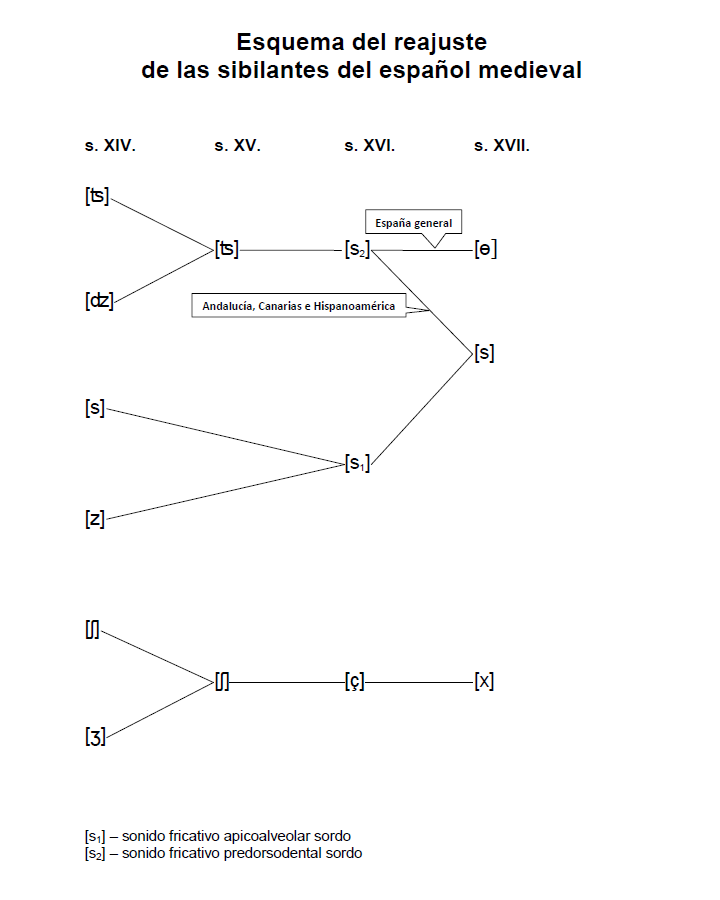iguanamon wrote:Almost all languages have dialects and accents.
Save for languages spoken in a single very very small region I would assume all of them do.
iguanamon wrote:Almost all languages have dialects and accents.
iguanamon wrote:Castilian lisp.
Saim wrote:It's not a lisp, anymore than when you lisp when you say the words "thin", "strength", "through" or "three" in English. It's just the phoneme /θ/.
Other than that I agree with you on the most appropriate way to approach Spanish dialectal diversity.
stormj wrote:A lisp is a kind of speech defect where sibilants are rendered into other sounds. Lisping the phoneme /s/ can desibilize it to /th/. So, yes, it is a lisp. The lisping of /s/ in Spanish Z, C, and in the south S, creates the phoneme theta. Saying it's not a lisp ignores the process.

The story about the lisping king may be apocryphal,
The story about the lisping king may be apocryphal,
May be?
stormj wrote:Yes, yes. You busted me for not being able to type a theta on my phone. My apologies.
The point is, while you can push a wall of text to "ackshually" people out of calling it a lisp, there's really no purpose in doing so other than to be haughty about it.
So can, I imagine, most people with an actual speech defect inasmuch as it's a speech defect and not a listening one.
Seseo is indeed certainly a "lisping" of /s/ from Latin.
And I'm not sure what Basque or Arabic have to do with any of this other than to be the source of that "lisping" process.
(God forbid I don't type in the exact IPA code here, because being understood is less important than making my posts look like an academic journal article)
in English is a sound that goes back to PIE, I think. [...] We kept it and the voiced version. I believe the Icelanders kept it. Not sure who else. (Greek?)
It didn't come from something else, whatever that something else is.
You seem offended
those same letters are rendered
You do understand, right, that I was granting that it does in that phrasing.
And while you can poke fun at the apocryphal tale of the lisping king,
Could it be that it was never meant to be a literal history and instead serves as a kind of folk explanation for that unique speech habit?
Or was it just the little people making work for forum posters to correct?
Return to “General Language Discussion”
Users browsing this forum: No registered users and 2 guests